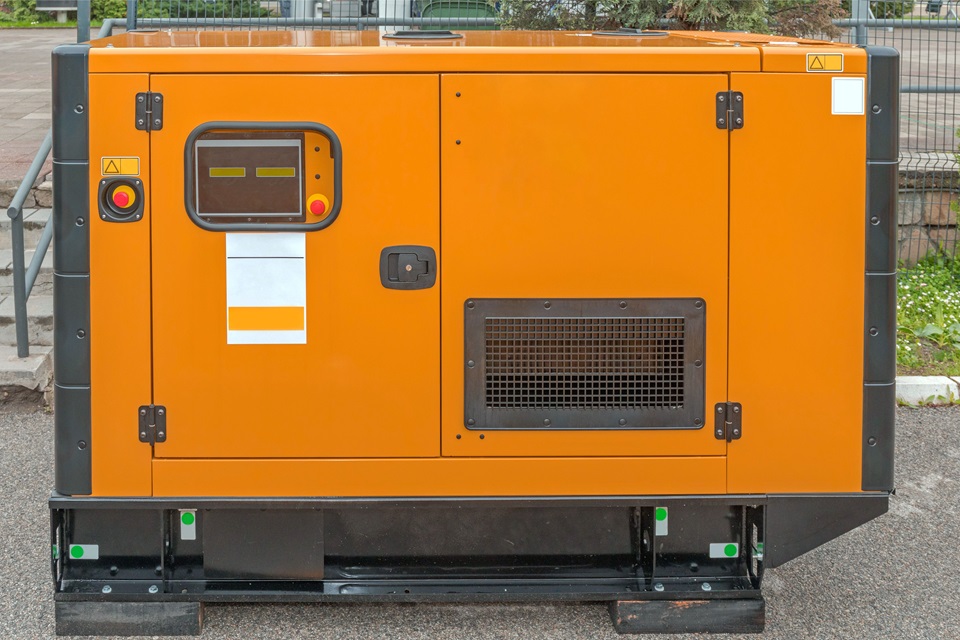If you live in South Carolina, you know that power outages can occur frequently due to severe weather conditions. This is where home generators come in handy. They provide backup electricity when the main power source fails, ensuring that your daily activities are not disrupted.
However, like any other machine, generators can also face problems. We will check the six common issues that occur in home generators in South Carolina and their solutions.
Table of Contents
1. Low Fuel Pressure
Home generators can experience low fuel pressure due to improper generator installation. If you’re experiencing car trouble and your vehicle won’t start, it could be due to a clogged fuel filter or a faulty fuel pump.
These issues can prevent the fuel from properly reaching the engine, leading to problems starting the car. To avoid this problem, checking and cleaning the fuel filter regularly is important. If the problem persists, it is best to call a professional technician to diagnose and fix it.
2. Battery Failure
Many Generac generators rely on a battery to start up. Therefore, if the battery fails or loses its charge, your generator will not work. This can happen due to old age, lack of maintenance, or extreme weather conditions. To prevent this problem, it is important to regularly check your generator’s battery and replace it if needed.
3. Overloading
Overloading is a common problem that can occur with generators. You should be aware of the signs of overloading. This happens when the generator tries to power more appliances than its capacity allows.
To avoid this, it is important to know the wattage limits of your standby generator and only use appliances that fall within that limit. It is also recommended to stagger appliances during a power outage rather than using them all at once.
4. Fuel Contamination
Sediment and water can often find their way into your generator’s fuel tank, causing contamination. This can lead to clogged fuel filters and issues with starting the generator. Regularly check and clean the fuel tank and replace the fuel filter if needed to avoid this problem.
5. Carbon Monoxide Poisoning
Generators emit carbon monoxide gas, which is highly toxic and can be fatal if inhaled. It is essential to place your generator outside, away from any doors or windows, to prevent carbon monoxide poisoning. Also, ensure a working carbon monoxide detector is installed near the generator.
6. Failure To Start
One of the most common problems with generators is their failure to start when needed. This can be frustrating, especially during a power outage. The most common causes of this problem are dead batteries or issues with the fuel supply system. To solve this issue, you must replace the battery and check for any clogs or blockages in the fuel lines.
Final Thoughts
Generators can be a lifesaver during a power outage. However, it is important to properly maintain and service the commercial generator to ensure that they work when needed. If you are considering installing a generator, hire a professional for installation and regular maintenance. Doing so can avoid the common problems discussed in this blog post and ensure your generator is always ready to provide backup power.



